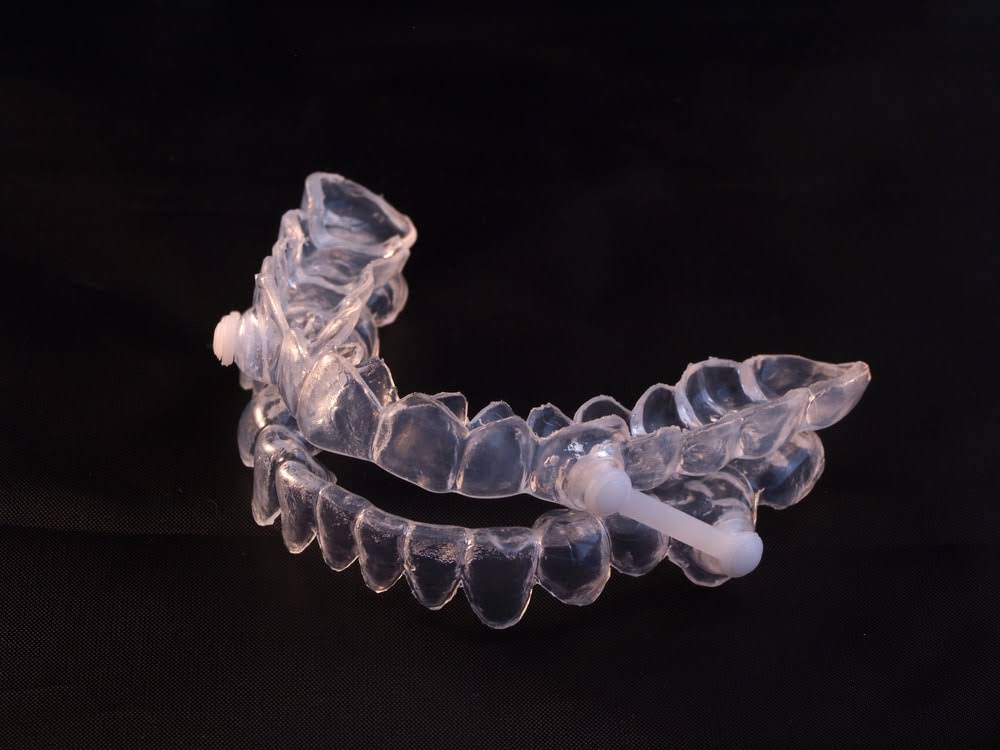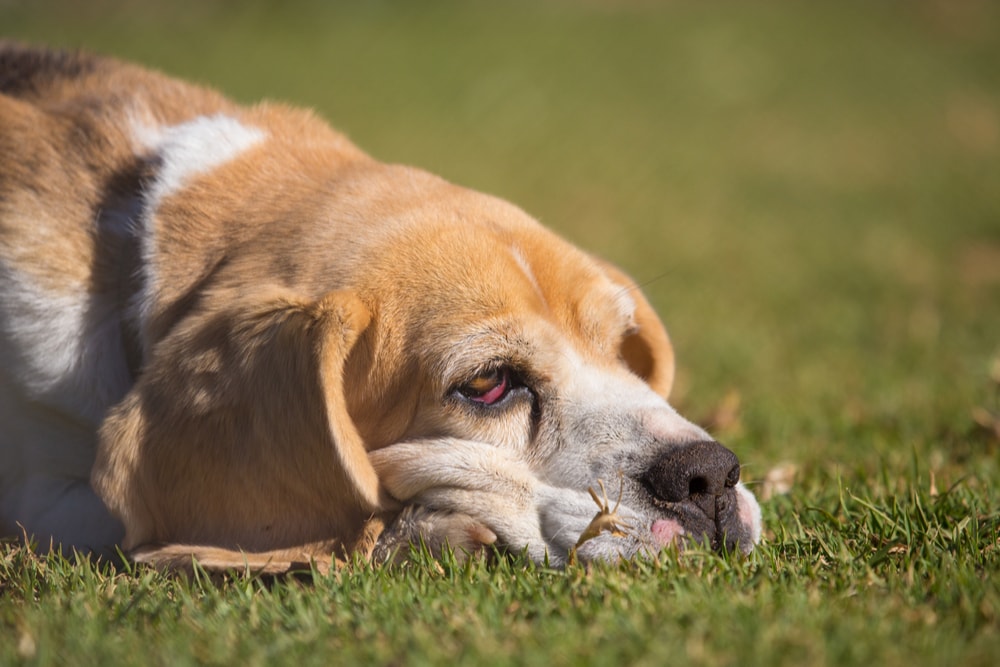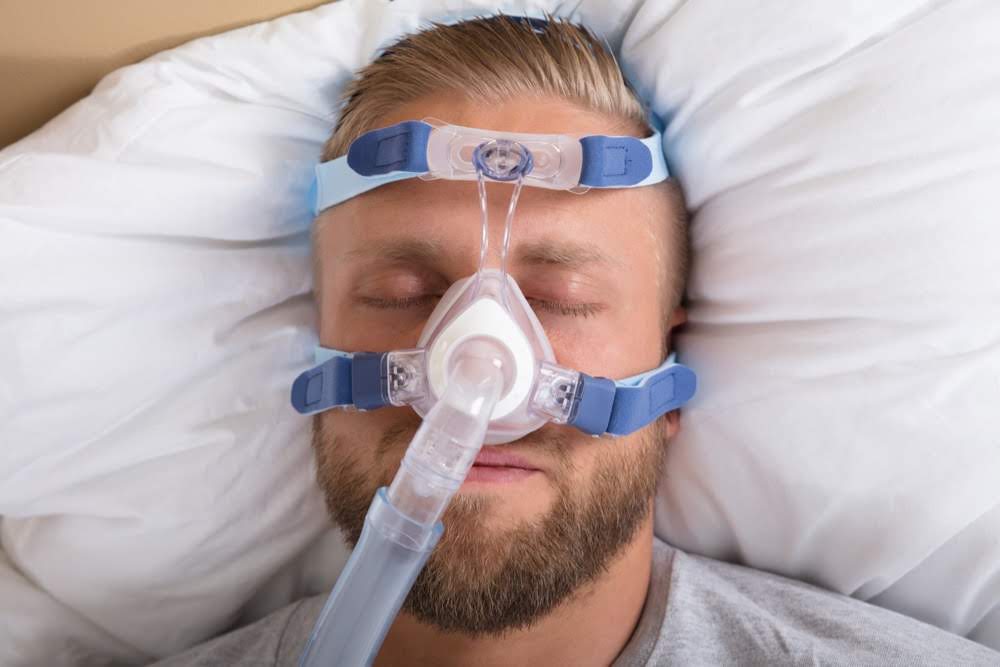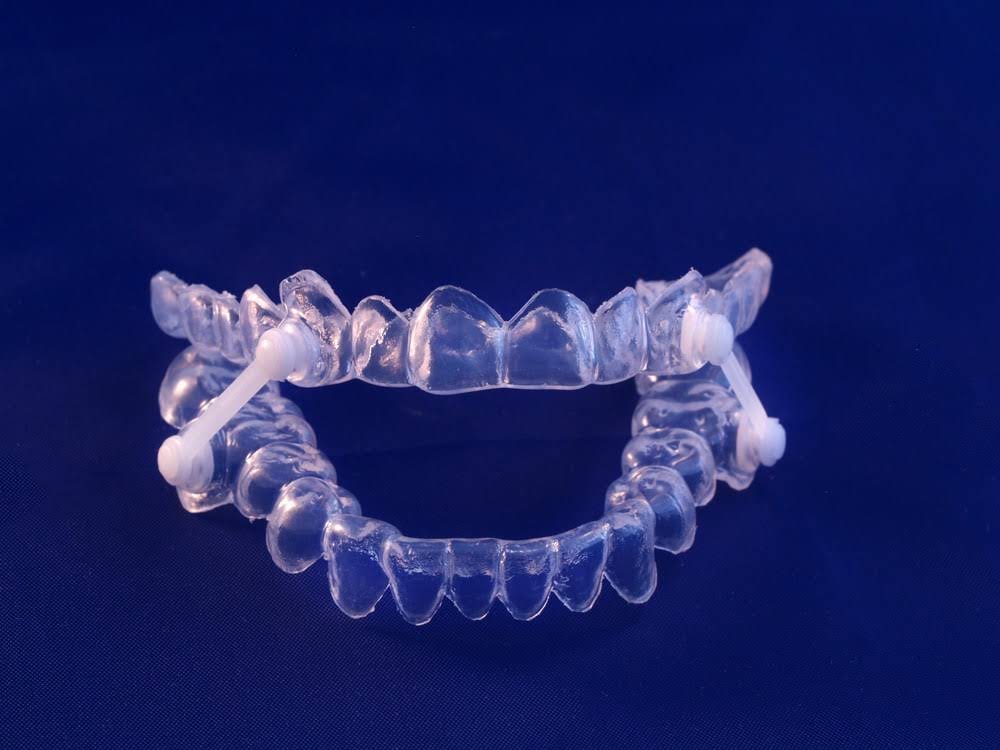Sleep Apnea Treatment NYC
If you suffer from sleep apnea you know all too well that without a sleep apnea treatment, sleep issues become the norm. Moreover, drowsiness and sleepiness during the day will be pervasive. Sleep apnea is a sleep disorder that makes it impossible to get restorative sleep. Your sleep quality will plummet. Even taking a nap will usually be of no relief.
Dr. Salim’s sleep apnea treatment can alleviate these issues (see also Sleep Apnea Dentist in New York). He will develop a continuous positive airway pressure-free treatment plan, using oral appliances for sleep apnea. These are also called mouth guards for sleep apnea or dental devices for sleep apnea.

The treatment will be tailored to your condition and will aim to restore good quality sleep. Dr. Salim’s will work to ensure you get the necessary sleep you need to function at your highest level even in a place as hectic as New York City.
You are probably wondering why so many patients entrust their snoring and sleep apnea issues to us. To find out why, please check out our reviews.
Call us at (212) 644-1011 or click here to schedule an evaluation at our midtown east NYC office. We welcome sleep apnea patients and tourists from New York City, as well as from the surrounding communities of New York, New Jersey, and Connecticut.
What Is Sleep Apnea?
Sleep apnea is a sleep disorder where your body struggles to maintain airflow. It is not a surprise it often results in high blood pressure.
It is an ongoing condition (chronic) where you suffer from an abnormally high number of:
- reductions of respiration (shallow breaths), also called hypopneas,
- repeated interruptions of breathing during your sleep (hence the name “apnea”),
that occur during your sleep.
What Causes Sleep Apnea?
Sleep apnea is a frequently occurring sleep disorder. It is mostly caused by airway blockage, hence the name obstructive sleep apnea.
Muscles always relax when you fall asleep. But if you suffer from sleep apnea, your soft palate, tongue, and other structures will narrow or block the airways at the back of your mouth. This brief description alone shows that sleep apnea is a serious sleep disorder.
As your upper respiratory airways get partially or completely obstructed, your breathing efforts will increase. This will usually lead you to snore loudly, and even make choking sounds as you attempt to breathe.

During your sleep, airway blockage causes:
- a partial decrease in airflow (hypopnea)
- or a complete airflow cessation.
Interesting facts:
- These breathing pauses last 10 to 30 seconds or more … even up to a minute!
- They can happen hundreds of times a night, despite your breathing efforts.
If you are guessing that your sleep will be lousy … you are correct!
You will indeed suffer from poor quality sleep because of these repeated short sleep disruptions.
What are the symptoms and signs of obstructive sleep apnea in adults?
You may think that you should be able to tell with ease if you have obstructive sleep apnea, but you would be wrong.
Your relatives or your bed partner are usually the ones who can help you do so.
You will probably not realize that you have breathing difficulties during your sleep unless you identify the symptoms.
The same goes for gauging how severe your sleep apnea is.
And, when it comes to symptoms, you can divide them into 2 groups: major and minor.
Major sleep apnea symptoms
The main one is frequent and loud snoring. It is the most common symptom occurring in 70% to 95% of patients.
You may stop breathing during your sleep. These pauses may interrupt your snoring. After the pauses, you may be panting or gasping for air.
When you sleep on your back, the pressure on your respiratory airways will be more important than if you sleep on your side. Hence, sleeping in a fetal position (on the side) will make your snoring less loud. But, it cannot end your snoring if this was initially loud.
Will you snore every night?
No. Though it is likely that, with time, your snoring will gradually worsen and increase both in frequency and intensity (louder).
Another major sign of sleep apnea is fatigue and feeling sleepy during your daily activities (work, driving, travelling, etc.).
You will also find yourself struggling to avoid falling asleep during quiet times of the day.

Minor signs and symptoms of obstructive sleep apnea
These include:
- a morning headache,
- memory or learning problems,
- struggling to concentrate,
- irritability,
- depression,
- mood swings,
- personality changes,
- frequent nocturnal awakenings to urinate,
- (as you wake up) sore-throat or dry mouth,
- drowsiness and uncontrolled daytime sleepiness when you work or drive.
Sleep apnea treatment options
Quick: are medicines the most frequently used sleep apnea treatment?
No, they are only rarely used.
Sleep apnea treatment options typically include:
- lifestyle changes such as losing weight, quitting smoking, …. These may be effective in mild forms of sleep apnea;
- mouthpieces such dental appliances, which may relieve mild to moderate sleep apnea;
- breathing devices, such as continuous positive airway pressure (CPAP), which are more suited for moderate to severe sleep apnea;
- surgery that is used for moderate to severe sleep apnea.
For mild to moderate OSA, or when a CPAP device is not tolerated, Dr. Salim will get a custom dental device fabricated. The great majority of patients find dental mouthpieces to treat sleep apnea more comfortable than a CPAP machine.

Custom dental appliances to treat sleep apnea rely on the principle of mandibular advancement. They open your airways.
They are made out of two parts:
- one latches onto your upper teeth,
- the other, onto your lower teeth.
The bottom part maintains your lower jaw in an advanced position. It makes your breathing more comfortable by maintaining an open airway.
Your tongue is also adjusted to keep your upper respiratory airways, in the back of your throat, open.
This facilitates airflow, vastly improves sleep, and reduces snoring and obstructive sleep apnea.

A team trained in sleep medicine
Sleep apnea is a serious sleep disorder. It increases the risk of several health problems such as high blood pressure, heart attack, stroke, heart failure, …
Therefore, choose your sleep apnea dentist carefully. Dr. Salim and his team have considerable expertise in providing effective oral therapy for mild to moderate sleep apnea. Dr. Salim can also help patients who cannot tolerate a CPAP machine.
He collaborates with an external sleep specialist (also in New York City) to diagnose your sleep apnea and gauge its level of severity. The gold standard is a formal sleep study, but a home sleep test (or home sleep study) is also available.
Schedule an Appointment Today
Call us at 212-644-1011 or click here to schedule an appointment at our office in New York City. Dr. Salim will find an optimal CPAP-free way to manage your sleep apnea, and ensure that you can finally get a good night of restorative sleep.
SUTTON PLACE DENTAL ASSOCIATES ON THE WEB






SLEEP APNEA
[menu_in_post_menu menu=11 menu_class=”menuinpost” style=”list”]
